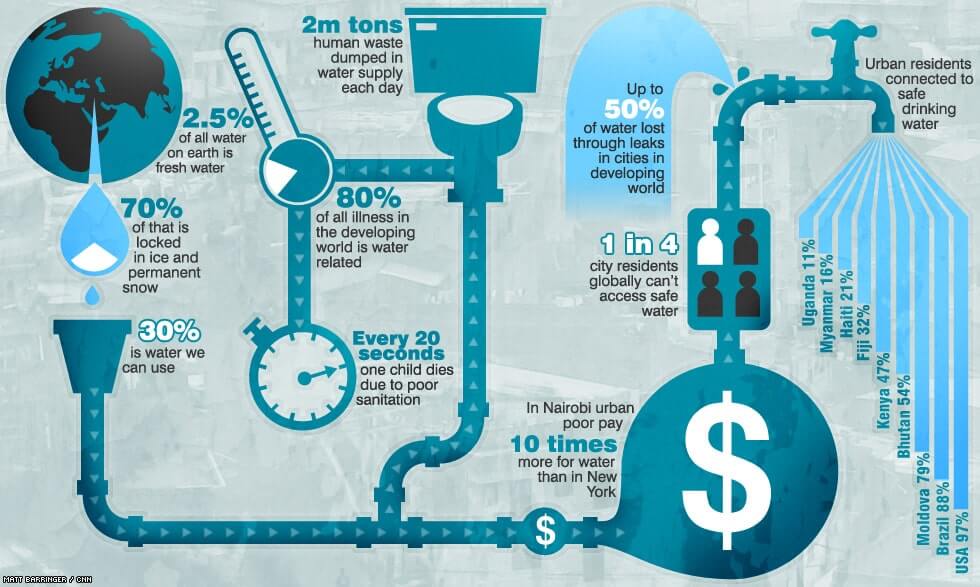If your heat pump system is making strange noises or battling to maintain your home comfortable, maybe trying to tell you something essential. Ignoring these indicators could lead to even more substantial concerns down the line. By addressing these warning signals promptly, you can potentially conserve on your own from expensive repair work or a full system break down. So, the next time you listen to an odd sound or notice inconsistent temperature levels, remember, your heatpump could be attempting to communicate a problem that needs specialist interest.
Unusual Sounds
If you often listen to uncommon noises coming from your heatpump, it is essential to resolve this concern promptly. https://clarkcountyblog.com/uncategorized/1478339/global-hvac-maintenance-service-market-analysis-2025-carrier-corporation-toshiba-mitsubishi-group-johnson-controls-ingersoll-rand-united-technologies-corporation-daikin-electromechanical-maint/ can indicate underlying problems that might aggravate if left neglected.
A common sound to look out for is a loud knocking or clanking audio, which can recommend a loosened or broken part within the system.
If you listen to a shrill screeching noise, it may be an indicator of concerns with the electric motor bearings or belt. Additionally, a clicking sound can show an issue with the electrical parts of the heat pump.
To resolve these uncommon sounds, it's suggested to speak to a professional a/c professional. Trying to identify and take care of the issue yourself might possibly create more damage to the system.
A qualified specialist will have the ability to determine the source of the sound and execute the required repair work to guarantee your heatpump runs efficiently and quietly. By addressing these uncommon sounds quickly, you can avoid much more considerable issues from occurring in the future.
Inconsistent Heating/Cooling
Experiencing irregular heating or cooling from your heatpump can be discouraging and uneasy. If you see that certain areas in your home are considerably warmer or cooler than others, or if your heat pump is struggling to keep a constant temperature, it may be a sign of a problem.
Irregular heating or air conditioning can be triggered by problems such as a malfunctioning thermostat, blocked air filters, cooling agent leaks, or problems with the compressor. These problems can't only make your home uneasy however likewise lead to greater energy bills if left unsettled.
To resolve this problem, you need to initially check and replace your air filters if they're dirty or clogged up. If the issue lingers, it's finest to call an expert a/c technician to examine and fix your heat pump system. By attending to the issue without delay, you can make sure that your home remains comfy and energy-efficient.
Raised Power Costs
Regularly high power costs can be a sign that your heatpump system isn't running effectively. If you've noticed an unexpected spike in your energy prices without an equivalent increase in use, it could show that your heat pump is struggling to warmth or cool your home properly. This inefficiency can arise from various problems within the system, such as dirty filters, refrigerant leaks, or a malfunctioning compressor.
When your heat pump isn't operating ideally, it has to function more difficult to maintain the desired temperature level, leading to enhanced power usage and greater bills.
To resolve this issue, it's critical to have a professional a/c technician check and repair your heatpump. They can identify the root cause of the inadequacy and carry out the required modifications or fixings to restore your system's optimal efficiency.
Verdict
To conclude, if you notice any kind of uncommon sounds, irregular home heating or air conditioning, or an abrupt boost in energy costs with your heat pump system, it's time to call a specialist HVAC technician. Resolving daikin heat pumps christchurch can help stop more damage and guarantee your system runs effectively. Do not neglect these indication, schedule a repair solution to maintain your home comfortable and your power bills in check.
